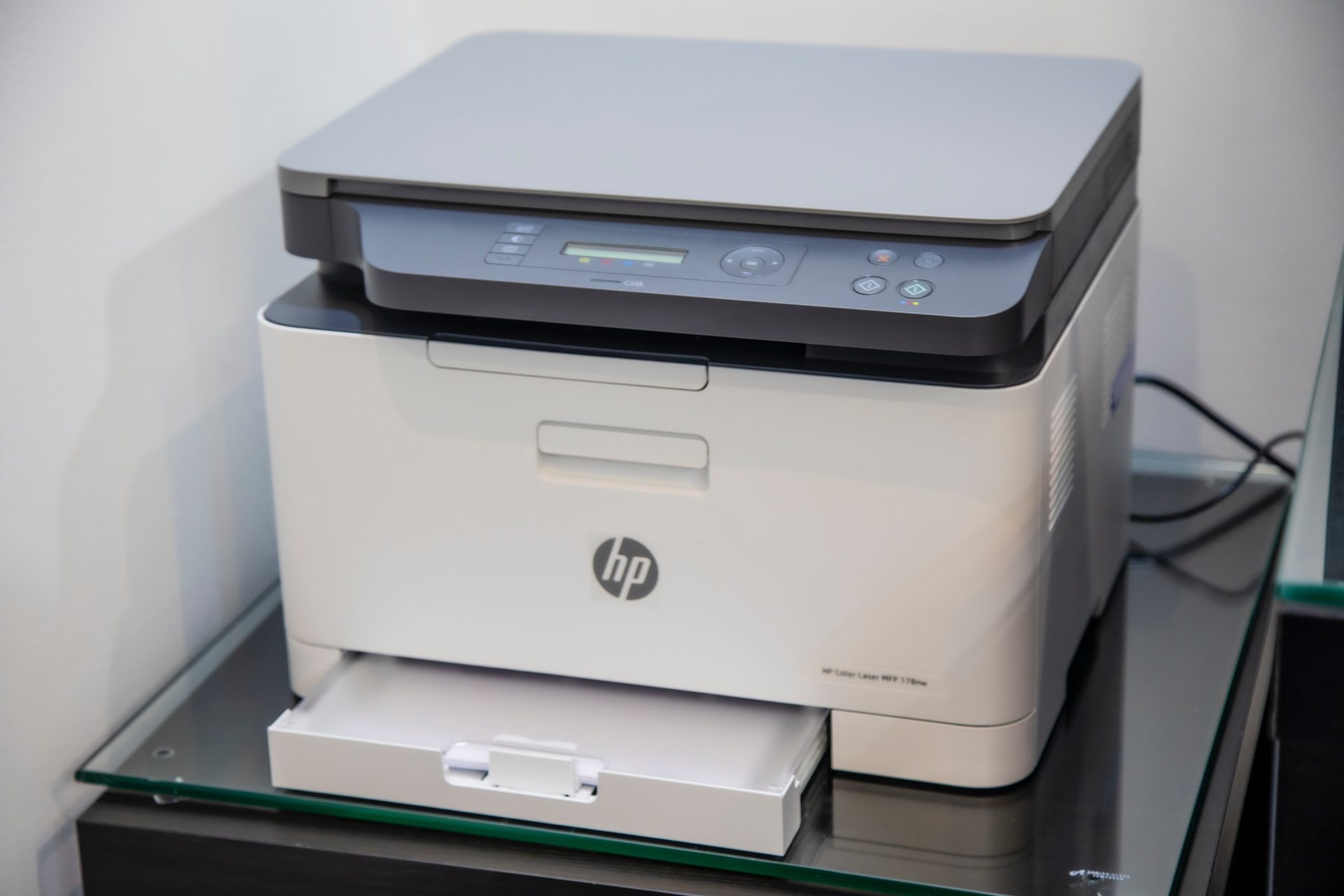This company might face the consequences of its anti-consumer behavior
Computer printers are one of the most essential at home devices that people use today but the market is riddled with bad actors and outrageous prices. But Hewlett Packard found a way to take the nonsense to the next level.
Customers of this very popular computer technology hardware company were left feeling hustled after learning that they could no longer use cheaper third-party ink cartridges in their printers.
Hewlett-Packard (HP) released a new firmware update in early 2023 that blocked customers from using cheaper, non-HP ink cartridges in their printers according to The Telegraph.
The new update was apparently done remotely and brought some printers in line with a new set of terms that stated HP printers would not work unless they used approved ink.
According to The Telegraph, the update prevented some customers from using any ink cartridges that have not been fitted with one of the company’s special HP chips.
This meant that any third-party ink will no longer work in some of the company’s printers and customers could only use their HP printers if they bought the company’s expensive ink.
“If the customer tries to use a non-HP ink cartridge, the printer will refuse to print,” wrote The Telegraph’s Charlotte Gifford in an article explaining just how bad HP messed up.
Gifford noted that angry customers flooded the internet with complaints about the update and she reported on a particularly interesting piece criticism from one HP customer.
“We've been confused about why the printer won't print,” the customer wrote. “Turns out hp has ink cartridges that won't work if you're not paying their monthly subscription.”
“That's an absolutely crazy thing to do,” the infuriated customer added. “Got my printer blocking the ink that's in the cartridge.” But how was HP able [to] block this ink cartridge?
According to HP’s website at the time, the company noted their printers were only designed to work with ink produced by their company and they employ an authentication system they call Dynamic Security.
HP’s Dynamic Security system works by reading a company chip installed on the ink cartridges it has approved for its machines and does this for the benefit of customers.
“HP uses dynamic security measures to protect the quality of our customer experience, maintain the integrity of our printing systems, and protect our intellectual property,” the company wrote on its website, but this often forces customers to buy higher-priced ink.
Ars Technica’s Scharon Harding was the first journalist to break the story about HP’s update and noted in her reporting that this wasn’t the first time the company has employed its Dynamic Security feature in order to force customers to buy its ink.
In 2016, HP tried to introduce the same Dynamic Security feature and was later sued and forced to pay millions in settlements across several countries according to Harding.
“After paying up, it seems HP is set on continuing to use DRM to discourage its printer customers from spending ink and toner money outside of the HP family,” Harding wrote.
While HP made it clear on its website that its printers can be configured to allow customers to choose whether or not they want to update their printers, this type of broad blocking of third-party ink is certainly a step too far and should be investigated further.
If all of this sounds like a lawsuit just waiting to happen to you then you'd be right. Angry customers launched a class action lawsuit against the company and in August a federal judge ruled on August 10th that HP would have to face the lawsuit according to the Associated Press.
"It is well-documented that ink is not required in order to scan or to fax a document, and it is certainly possible to manufacture an all-in-one printer that scans or faxes when the device is out of ink,” the plaintiffs wrote in their complaint of HP's actions.
“Indeed, HP designs its all-in-one printer products so they will not work without ink. Yet HP does not disclose this fact to consumers," the complaint continued.
Photo by Mahrous Houses on Unsplash
The Associated Press added that the lawsuit charges HP was deliberately withholding information about third-party ink not working with the company's printers in order to boost the sale of its own more expensive ink cartridges.
Photo by Evelyn Geissler on Unsplash
More for you
Top Stories


































